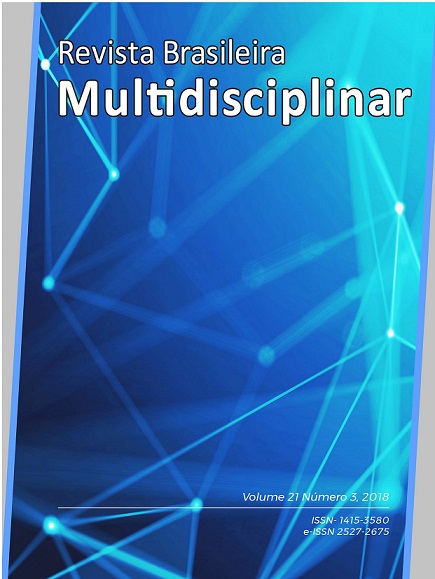A Atropa Belladonna reduz o número de leucócitos em quadro de peritonite aguda em camundongos
Main Article Content
Abstract
Este trabalho almejou avaliar, através de um modelo de origem animal, a eficácia do remédio homeopático Atropa belladonna, frequentemente prescrito por homeopatas para tratar quadros clínicos caracterizados por manifestações inflamatórias. A peritonite experimental foi induzida com Lipopolissacarídeo (1,0 mg.kg-1), injetado no peritônio de todos camundongos (Swiss machos), pesando entre 25-30g, no primeiro dia de tratamento. Para o tratamento, os camundongos foram divididos em grupos de estudo, sendo tratados, do primeiro ao sétimo dia, com quatro possíveis compostos: solução salina 0,9 %, ou solução hidroalcóolica a 1% , ou A. belladonna nas potências CH 6, 30 e 200, ou com Dexametasona 0,5 mg.Kg-1 (controle anti-inflamatório alopático), sendo que os medicamentos foram adicionados na água de beber dos camundongos. No oitavo dia, os camundongos foram eutanasiados em câmara de CO2. Após, os resultados foram avaliados através de Leucograma, sendo expressos como média e desvio padrão, comparados por Análise de Variância (ANOVA), onde ficou estabelecido o nível de significância de α≤0,05. A contagem global dos leucócitos demonstrou que em todos os grupos tratados com A. belladonna houve uma diminuição do número de leucócitos em relação ao grupo Controle (p<0,0001). Na contagem diferencial em número absoluto houve uma redução de cerca de 50% de linfócitos nos grupos tratados em relação ao grupo Controle (p<0,0001). Concluiu-se que o remédio homeopático Atropa belladonna nas potências 6CH, 30CH e 200CH apresenta eficácia terapêutica no tratamento de manifestações clínicas em quadros inflamatórios.
Downloads
Article Details
• The author (s) warrant that the contribution is original and unpublished and that it is not in the process of being evaluated in other journal (s);
• The journal is not responsible for the opinions, ideas and concepts issued in the texts, as they are the sole responsibility of the author (s);
• Publishers have the right to make textual adjustments and to adapt the article to the rules of publication.
Authors retain the copyright and grant the journal the right of first publication, with the work simultaneously licensed under the Creative Commons Attribution License, which allows the sharing of work with acknowledgment of authorship and initial publication in this journal.
Authors are authorized to take additional contracts separately, for non-exclusive distribution of the version of the work published in this journal (eg publish in institutional repository or as book chapter), with acknowledgment of authorship and initial publication in this journal.
Authors are allowed and encouraged to publish and distribute their work online (eg in institutional repositories or on their personal page) at any point before or during the editorial process, as this can generate productive changes as well as increase the impact and citation of the published work (See The Effect of Free Access) at http://opcit.eprints.org/oacitation-biblio.html





